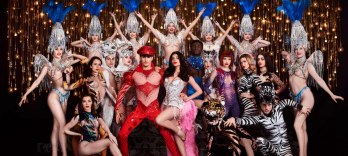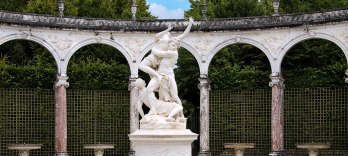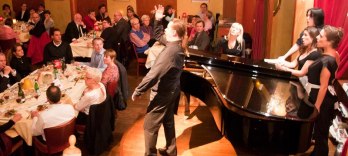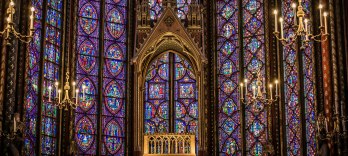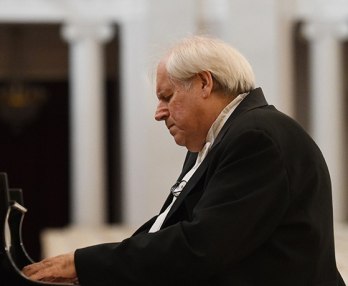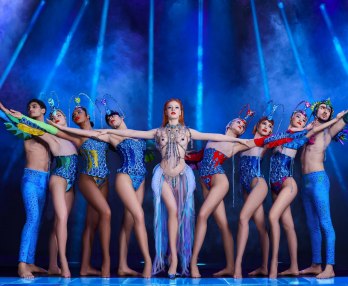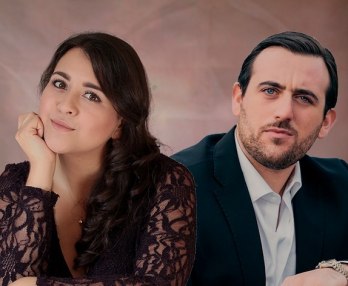Paris Opera Tickets | Paris Concerts | Paris Theaters
What's on
Paradis Latin
Paris - Paradis Latin
Fr 13 Sep 2024, 19:30 - Mo 30 Dec 2024, 19:30
Fr 13 Sep 2024, 19:30 - Mo 30 Dec 2024, 19:30
Bel Canto Opera and Dinner
Paris - Bel Canto Paris
Fr 13 Sep 2024, 19:30 - Th 26 Dec 2024, 19:30
Fr 13 Sep 2024, 19:30 - Th 26 Dec 2024, 19:30
Palace of Versailles - Shows
Paris - Palace of Versailles - Shows
Fr 13 Sep 2024, 09:00 - 19:00 - Th 31 Oct 2024, 09:00 - 17:30
Fr 13 Sep 2024, 09:00 - 19:00 - Th 31 Oct 2024, 09:00 - 17:30
Lapin Agile
Paris - Lapin Agile
Fr 13 Sep 2024, 21:00 - 01:00 - Sa 29 Mar 2025, 21:00 - 01:00
Fr 13 Sep 2024, 21:00 - 01:00 - Sa 29 Mar 2025, 21:00 - 01:00
Bel Canto Opera and Dinner
Paris - Bel Canto Neuilly
Fr 13 Sep 2024, 19:30 - Th 26 Dec 2024, 19:30
Fr 13 Sep 2024, 19:30 - Th 26 Dec 2024, 19:30
Sainte Chapelle Paris
Paris - Sainte Chapelle Paris Tickets
Fr 13 Sep 2024, 20:00 - Mo 30 Sep 2024, 20:00
Fr 13 Sep 2024, 20:00 - Mo 30 Sep 2024, 20:00
Bestseller events

 EN
EN DE
DE IT
IT FR
FR ES
ES RU
RU JP
JP RO
RO
